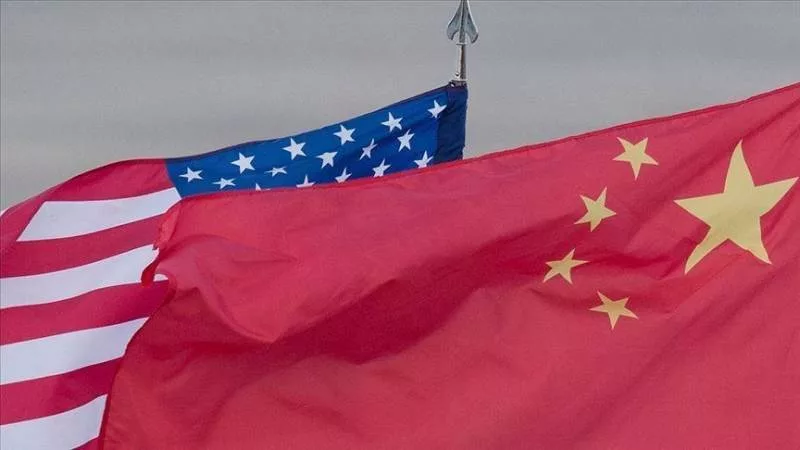On Wednesday, the US and China agreed to sustain “high-level” exchanges and communication across all levels, while also discussing a potential new interaction between the two countries’ leaders in the “near future.”
During two days of talks in Beijing, US National Security Adviser Jake Sullivan and Chinese Foreign Minister Wang Yi also committed to continued cooperation in areas such as drug control, law enforcement, repatriation of illegal immigrants, and climate change mitigation, according to state-run Xinhua News.
Wang urged Washington to respect China’s sovereignty and political system, stating, “The United States should stop suppressing China in the fields of economics, trade, and science and technology,” as reported by state broadcaster CCTV.
Both sides reaffirmed their commitment to implementing the key agreements made at the November 2023 San Francisco meeting between their heads of state.
They also agreed to institutional arrangements for a video call between the “theater leaders” of their respective militaries and to schedule a second round of China-US intergovernmental dialogue on artificial intelligence at an “appropriate” time, according to the broadcaster.
The White House issued a statement saying Sullivan and Wang Yi had “candid, substantive, and constructive discussions on a range of bilateral, regional, and global issues.”
The statement emphasized the importance of ongoing military-to-military communications, with plans for a theater commander telephone call in the near future.
They also covered a variety of topics, including the next steps in implementing the Woodside Summit commitments, which involve counternarcotics, military communication, and AI safety and risk management.
Sullivan underscored that the United States would continue to take necessary measures to prevent advanced U.S. technologies from being used in ways that could undermine national security, without excessively restricting trade or investment. He also expressed ongoing concerns about China’s unfair trade policies and non-market economic practices, according to the White House.
Washington has long advocated for a direct communication line amid heightened military tensions with China in the Taiwan Strait and the South China Sea.
Sullivan’s visit, the first by a US national security adviser to China in eight years, is seen as setting the stage for another summit between US President Joe Biden and Chinese President Xi Jinping.
Relations between the two global powers have deteriorated in recent years, with Beijing remaining deeply suspicious of Washington’s efforts to strengthen alliances and partnerships throughout the Asia-Pacific region. China has accused the US of attempting to build an “Asian NATO” in a region it considers within its sphere of influence.




